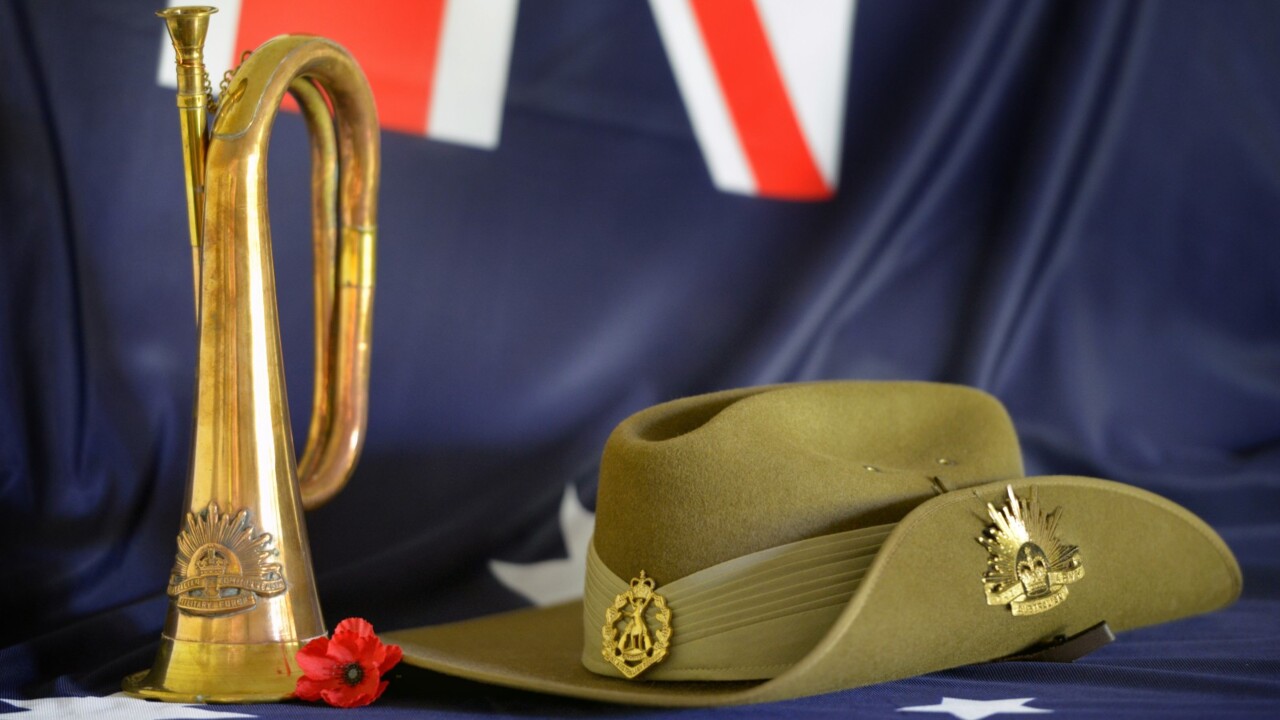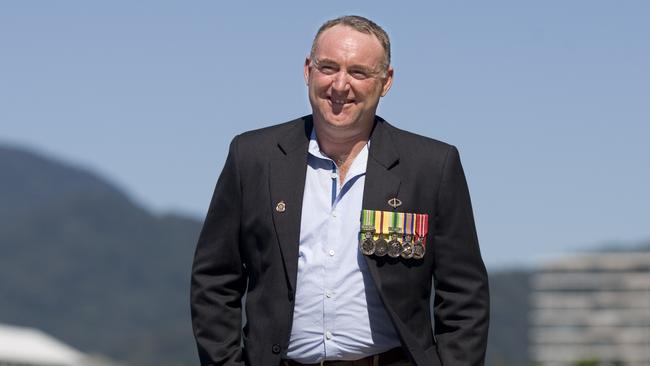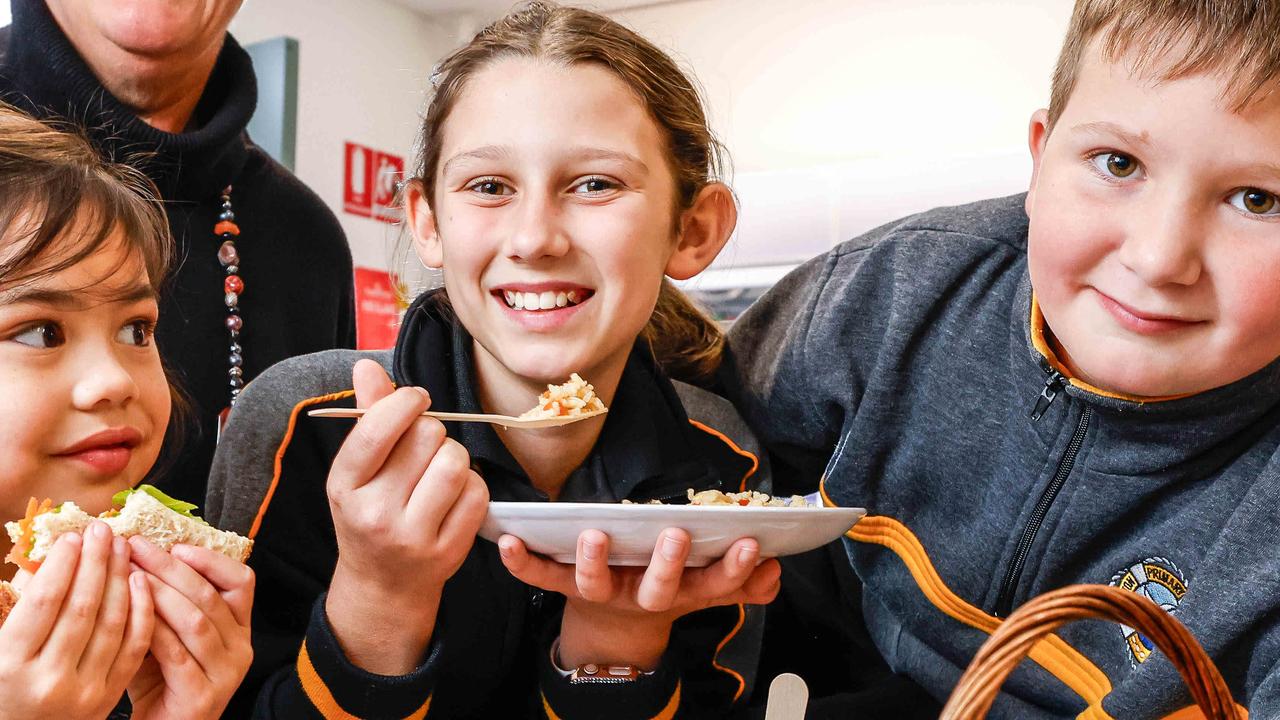War veterans group shut-out of public hospitals, charity claims
A charity that has been running since the end of World War I claims it has reduced access to public hospitals and are unable to give veterans they support they need.

SA News
Don't miss out on the headlines from SA News. Followed categories will be added to My News.
A charity for military veterans has called on the state government to fully reinstate its access to public hospitals to the same level as they enjoyed before the Covid era so it can better help former members of the military.
The Totally and Permanently Incapacitated ex-Service Men and Women’s Association (TPI) of SA president Brett Grosser said the charity’s hospital visitation program played a “crucial role in supporting the physical and mental health of veterans’’.
“While these services have been fully reinstated in Adelaide’s private hospitals access to public hospitals remains restricted due to bureaucratic changes introduced during the pandemic,” he said.
Access has also been granted at the Royal Adelaide.

In a letter to Health Minister Chris Picton, Mr Grosser said the TPI traced its roots to the end of World War I and was formally incorporated in 1945 to provide “welfare services, with a focus on visiting veterans and War Widows who are inpatients in both public and private hospitals across metropolitan Adelaide’’.
Mr Grosser said prior to being shut-out of public hospitals by the onset of Covid, the TPI had been given access to veteran inpatient lists in public hospitals.
“Now, despite our long history of service, we’re facing barriers in re-establishing this critical access,’’ he said.
Mr Grosser said SA Health should again recognise as a special needs group and provide access to patients lists, rather than seeking direct consent from patients.
A SA Health spokesperson said TPI could visit hospitals with patient’s consent.
“On average, about one third of eligible patients do consent, with visits co-ordinated around treatment times and appropriate visiting hours, the spokesperson said, “So far this year more than 650 patients consented to a visit.’’
However, Mr Grosser said he had spoken to three veterans who had been advised by staff to tick the ‘no’ box on the consent form.
“While we understand that some people may choose ‘no’ to a visit I am at a loss as to why staff would recommend ticking ‘no’,’’ he said.
One Nation MP Sarah Game, who last week launched the SA Parliamentary Friends of Veterans group, said TPI provided “emotional and practical support to veterans and their families during hospital stays, helping with everything from end-of-life planning to aged care”.
“We owe it to those who have served this country to continue supporting them in their greatest times of need,” she said.
Mr Grosser said SA Health’s attitude was reflective of a “pattern of broken promises from both state and federal governments’’.
“The issue has been compounded by the findings of the ongoing Royal Commission into Veteran Mental Health and Suicide, which highlight the critical need for improved support services for veterans across the board,’’ he said.




